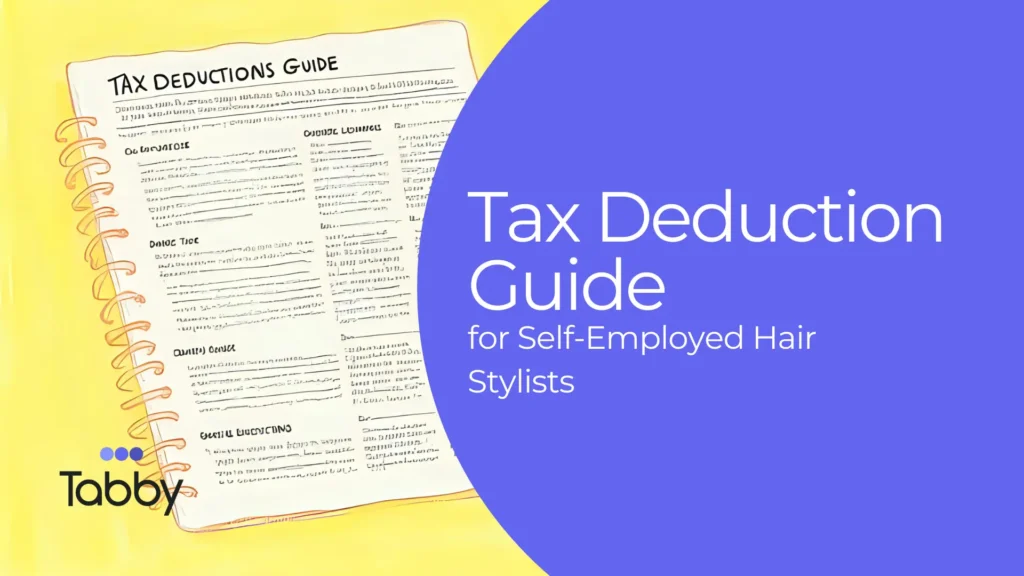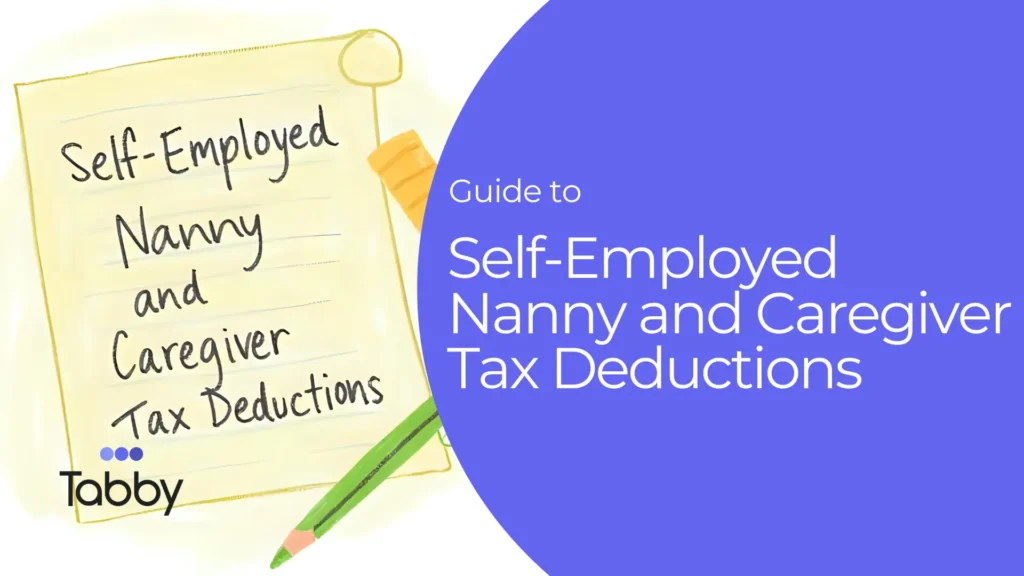- Tax Preparation,
- | November 11, 2025
Top Deductions for Gig Workers

If you earn money in the gig economy, you already know how unpredictable it can be. Some weeks are busy and great. Other weeks are slow. The one constant is that you’re responsible for your own taxes. Unlike a W-2 job, no one is taking out taxes for you. That means you file as self-employed, and you get to use business deductions to lower your taxable income.
Here’s the truth. A lot of gig workers overpay the IRS because they don’t claim everything they’re entitled to. I’ve seen it firsthand as a CPA. Drivers show up with gas receipts but forget their phone bill. Creators buy expensive cameras but don’t realize those are deductible. Delivery workers log thousands of miles but never write them off. That’s money left on the table.
This guide breaks down the most common deductions for gig workers, why they matter, and how to track them without losing your mind.
What are Gig Work Tax Deductions?
Think of deductions as business expenses that reduce the amount of money the IRS can tax. If you earn $50,000 but you spend $10,000 on your gig expenses, you’re only taxed on $40,000. That difference is real savings.The IRS uses the phrase “ordinary and necessary.” Ordinary means it’s common for people in your line of work. Necessary means it helps you do the job. If you can explain the connection to your gig, chances are it’s deductible.
Common Deductions Every Gig Worker Should Know
Mileage and Vehicle Expenses
If you drive for Uber, Lyft, Instacart, or DoorDash, this is your biggest deduction. The IRS gives a standard mileage rate every year. For 2025 it’s 70 cents per mile.
If you drove 10,000 miles last year for work, that’s a $7,000 deduction. Most drivers miss it because they don’t keep a log. You can also choose to deduct actual car expenses like gas, insurance, repairs, and depreciation. But you have to pick one method, and mileage is usually easier.
Tip: keep a notebook in the glove compartment or use an app. The IRS won’t accept “I think I drove about 10,000 miles.”
Gas, Tolls, and Parking
If you take the actual expense method instead of mileage, you can write off gas, oil changes, repairs, insurance, even part of your car payment. Tolls and parking fees are deductible either way. Just keep the receipts.
Phone and Internet Bills
Your phone is part of your business. You use it for navigation, client calls, emails, apps, and content creation. Same goes for internet if you work online.
You can’t deduct the whole bill unless it’s 100 percent for business, but you can deduct a portion. For example, if 70 percent of your phone use is for work, you deduct 70 percent of the bill.
Supplies and Gear
Think about what you actually need to earn income.
- Drivers: phone mounts, chargers, seat covers.
- Creators: cameras, lights, microphones.
- Freelancers: laptops, monitors, software.
- Tutors: books, whiteboards, teaching supplies.
These are ordinary and necessary business expenses. Don’t overlook smaller items like printer ink or subscription software.
Home office
If you work from home, you may qualify for a home office deduction. The rule is that the space has to be used exclusively for work. A desk in your bedroom is fine if it’s only for business. But the kitchen table that doubles as a family space doesn’t count.
You can use the simplified method: $5 per square foot up to 300 square feet. Or the actual expense method: a percentage of rent, mortgage, utilities, and insurance.
Marketing and Advertising
Any money spent promoting your work is deductible. That includes social media ads, flyers, business cards, and even website costs. I’ve seen freelancers spend hundreds promoting themselves but never claim the write off.
Health Insurance
If you pay for your own health insurance, you can deduct your premiums. This isn’t on your Schedule C, it’s an adjustment to income on your main tax return, but it lowers your taxable income all the same.
Meals and Travel
Business meals count if you’re meeting with clients or partners. Travel expenses count if you’re going to a conference, training, or work trip. Not every coffee run qualifies, but plenty do. Just keep the receipts and note what the meal was for.
Education and Training
Anything you pay to improve your skills can be deducted. Online courses, workshops, certifications, and industry books all qualify. If it helps you earn more in your gig, it usually counts.
How to Track Deductions
Knowing what’s deductible is only half the battle. The other half is proving it. The IRS doesn’t accept “trust me.” You need receipts, logs, or statements.
The basics:
- Save every receipt. Snap a photo with your phone if you have to.
- Keep a mileage log. Don’t try to estimate at tax time.
- Use a separate bank account for your gig work. It keeps things cleaner.
- Track as you go. Waiting until April is how things get lost.
Mistakes I See All the Time
After years of doing tax prep, I’ve noticed the same three issues with gig workers:
- Forgetting small stuff: Things like subscription services, phone bills, or supplies. They add up.
- Mixing accounts: Personal and business spending on the same card creates a mess.
- Procrastination: Waiting until tax season leaves you scrambling with half the records missing.
One Uber driver came in once with a giant stack of gas receipts held together with a rubber band. He thought he nailed it. But when I asked about his mileage log, his phone bill, or his car insurance, he didn’t have anything. He left thousands in deductions unclaimed.
How Tabby Helps Gig Workers
Most gig workers don’t want to spend Sundays organizing receipts. That’s why I helped create Tabby.
Here’s what it does:
- Connects to your bank or card.
- Pulls in your expenses automatically.
- Sorts them into categories like mileage, supplies, or meals.
- Gives you a year-end report ready for taxes.
It feels like free money because you see deductions you would have missed. One delivery driver told me exactly that.
Final thoughts
Gig work gives you freedom but it also puts you in charge of your own taxes. The IRS won’t do it for you. The good news is that you get way more deductions than a regular employee. Mileage, supplies, internet bills, and health insurance all count.
The key is tracking. Keep records, or better yet, let a tool like Tabby track for you. That way you spend less time stressing about tax season and more time focusing on your gigs. Sounds fascinating? Try Tabby today!
FAQs
What are the most common gig work tax deductions?
Mileage, supplies, phone and internet bills, health insurance, and home office expenses.
Can rideshare drivers deduct gas and mileage?
Yes. You can use either the standard mileage rate (70 cents per mile in 2025) or actual vehicle expenses.
Do gig workers qualify for home office deductions?
Yes, if you have a dedicated space used only for business.
How do I track expenses for taxes?
Save receipts, log mileage, and separate accounts. Or use Tabby to do it automatically.



